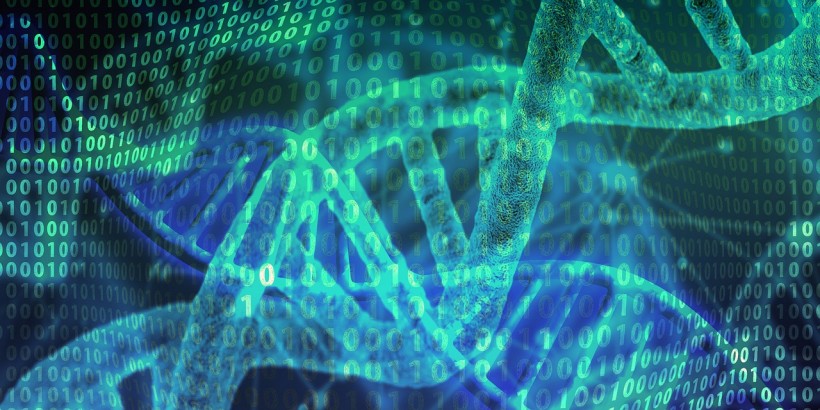As the amount of data generated worldwide continuously increases, a better means to store all of them is desperately needed. Traditional storage media, such as hard discs, are limited in durability and storage density. Because of this, experts have shifted their focus to small organic molecules like DNA to be used as data carriers. The DNA's vast storage capacity, longevity, and high information density make it a good option for archival digital data storage.

Pioneer Technology Using DNA Microcapsules
Tom De Greef, a professor at the Department of Biomedical Engineering of the Eindhoven University of Technology, believes that data storage in synthetic DNA is no longer a work of fiction. Still, it can be attained in the near future. However, DNA-based file storage technology still needs to undergo stages of development. To make this innovation scalable, he worked with a team of researchers to develop a pioneering technique using microcapsules, and the result was published in Nature Nanotechnology journal.
Although DNA data storage looks promising, it faces the challenge of being prone to error when reading multiple files. The polymerase chain reaction (PCR) is the current method used to access DNA files, and, in this technology, only one file can be read at a time. Data quality also gets worse every time a file is read.
To address this challenge, De Greef and his team developed a microcapsule of proteins with thermal properties. In this method, the PCR process happens separately in each capsule at over 50 degrees Celsius. Upon lowering the temperature, the file copies detach while maintaining the original quality. Aside from it, fluorescent-assisted sorting also makes it easier to search the data library.
"Now it's just a matter of waiting until the costs of DNA synthesis fall further. The technique will then be ready for application," said De Greef. In the future, he is looking forward to the first DNA data center to be opened in the Netherlands.
READ ALSO: DNA as Flash Drives: The Future of Storing Digital Image
Utilizing DNA as Storage Medium
DNA, or deoxyribonucleic acid, is commonly known as a molecule that holds genetic information within the bodies of living organisms. This ability to store codes is comparable to a vast amount of data in a single biomolecule. DNA molecules can hold up to 215 million gigabytes of data.
Biologists did not appreciate the role of DNA as a genetic material during the 1940s. When James Watson and Francis Crick proposed the DNA structure in the 1950s, the potential of this molecule to replicate and encode information was better understood.
According to the National Library of Medicine, understanding the structure of DNA became the landmark of biology in the 20th century as it answers questions about the chemical way of carrying the genetic information of an organism and the mode in which it is accurately copied. For several decades, scientists proposed storing specific information in the sequence of the four bases in DNA. Still, it did not materialize due to a lack of available data synthesizing and sequencing technology.
DNA storage returned to the mainstream interest among biologists when George M. Church of Harvard Medical School successfully stored up to 659 KB of information in DNA molecules in 2012. As of the end of 2018, the amount of data stored in DNA has exceeded 200 MB.
RELATED ARTICLE: DNA Data Storage To Last Thousands of Years
Check out more news and information on DNA Storage in Science Times.














